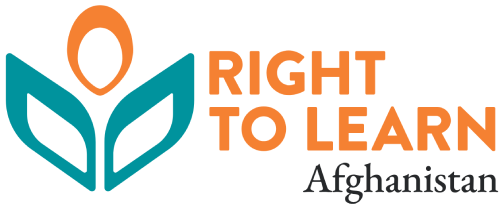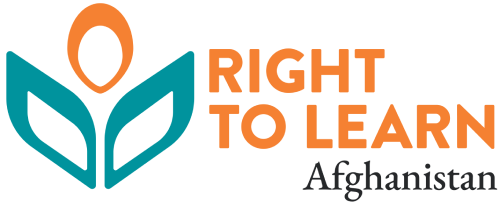As the Education Crisis in Afghanistan Intensifies, the UN and Member States Must Act to Address the Issue: an open letter to the organizers of the UN Transforming Education Summit
September 16, 2022
As world leaders gather for the UN Transforming Education Summit this week, an event which promises to respond to a global crisis in education, we wish to draw the attention of organizers, UN member states, UNESCO, UNICEF and the UNDP to the urgency of the humanitarian and human rights emergency unfolding in Afghanistan, which has seen two decades of progress on education outcomes almost completely reversed in a matter of months, and seen millions of adolescent girls, the most vulnerable in the education crisis, denied their human right to education by a Taliban regime bent on enforcing total gender apartheid.
While Afghanistan is the only country in the world that officially bans girls from education, the multiple barriers that Afghan girls – and all Afghan children – face are unfortunately common in fragile, conflict and crisis affected settings. We urge Summit organizers to address as part of their agenda this most pressing of education crises, and the wider issue of education in fragile and conflict and crisis affected states of which it is a part. With the first Thematic Action Track focused on Inclusive, equitable, safe and healthy schools, and with the situation in Afghanistan emblematic of this very need, it is vital that Afghanistan be addressed as a matter of priority in your discussions this week, and followed with clear commitments from UN member states.
Education must be prioritized as a core component of humanitarian services in contexts affected by crisis, as well as fragile and conflict affected states. When included as part of a comprehensive suite of humanitarian services, education not only promotes children’s learning but also child protection, food security and other health and wellbeing outcomes.
We call on member states involved in the organization of the TES, all UN member states, and UN agencies including UNICEF, UNESCO and UNDP to:
- Fund and support the emergence of alternative school options that reach girls who are currently denied access to public education, ensuring these options result in educational credentials that are recognized internationally and facilitate access to higher education and other life opportunities. This includes community based alternatives, remote learning online classes and learning opportunities in exile.
- Fund and promote timely and innovative solutions to the intersecting barriers that diverse girls and boys face in accessing a safe, quality education in Afghanistan, including the provision of learning opportunities for children with disabilities, who are among the most vulnerable within the current emergency.
- Advocate for safety and child protection in the context of education, recognizing the risks that girls face in access, and the risks that boys may face in ideologically-grounded Taliban-run classrooms that promote extremism and undermine pluralism, tolerance and peace.
- Press for a humanitarian corridor or other mechanisms to support the safe passage of those fleeing conflict in pursuit of their educational goals. Seeking education can serve as a practical means to reaching safety, and access to education is also a basic human right protected by international law, one which must be upheld and accepted as just grounds for seeking refuge.
- Allocate resources to planning and systems-building that will allow for post-crisis recovery and reconstruction, including support for such initiatives temporarily taking place in exile communities. Funding and support for the training of Afghan women in exile as teachers, early learning and inclusive education professionals will provide a long term pathway for the reconstruction of a quality, inclusive and equitable education system in a future democratic Afghanistan.
- Continue to stand in solidarity with the courageous schoolgirls, education activists, and community leaders fighting for education rights in Afghanistan, by publicly denouncing, as has the UN and many member states, the restrictions placed by the Taliban on girls’ access to education and agreeing on joint steps to sanction the Taliban for their denial of women’s and children’s rights.
- Create safe and meaningful opportunities to consult with children and parents in Afghanistan and in exile as an essential step in designing solutions that transform education in this context in order to make it accessible and responsive to the needs of Afghan children and families.
- Ensure the safety of educational professionals, civil society organizations, human rights defenders and journalists who advocate for the rights of children to education in Afghanistan as a priority for member states.
- Develop a monitoring mechanism as it relates to the achievement of a safe, equitable and inclusive education system in Afghanistan, and agree upon timely and decisive action to hold the Taliban accountable for human rights abuses related to the right to education.
- Commit to transparency and regular, structured dialogue with civil society organizations that share a commitment to children’s rights to education in crisis affected contexts such as Afghanistan.
We thank you for your consideration of these recommendations and look forward to ongoing cooperation from the international community in addressing Afghanistan’s education crisis and defending the human right to education for all Afghans.
Sincerely,
Canadian Women for Women in Afghanistan

Women’s Regional Network

Women and Children Legal Research Foundation

Sudanese Women’s Rights Action

Canadian Federation of University Women
![]()
Afghan-American Women’s Association

EQUALITY for Peace and Development


